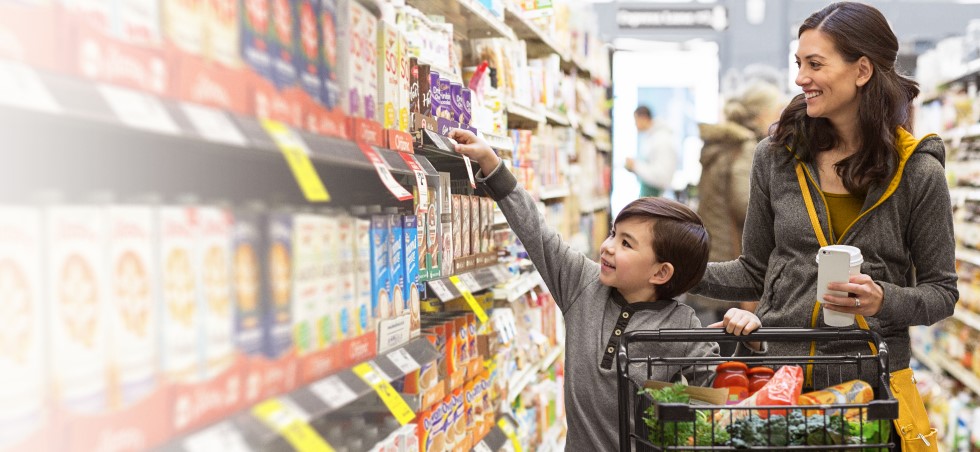A new UK Food and Beverage Sector M&A (mergers and acquisitions) report from corporate finance house, Oghma Partners shows that there is signs of a recovery in the UK sector.
The first four months of 2023 saw an increase in the volume of deals compared to the same period in the prior year while deal value increased by 60.3%. Over 80% of deals had an estimated value of £10 million or less as there was a significant absence of middle to higher market deals during the period. Only 6.0% of transactions were above the £50 million mark, falling well below the five-year historic average of 12.5%.
Oghma expects deal volume to show a sustained recovery with carve-outs forecast to be an increasingly common divestment option as larger corporations look to trim their balance sheets amongst the economic uncertainty and to sell underperforming or non-core assets.
Despite the turbulent market conditions, the report said there remains plenty of room for M&A optimism, especially as an increased volume of corporate acquisitions highlights that strategic acquisitions remain a high priority. Furthermore, given the greater transparency surrounding genuine financial performance as earnings are no longer distorted by Covid-19 and as inflationary cost pressures abate, this could also lead to greater M&A activity and potentially the reduced use of contingent earnout structures as acquirors have greater confidence and certainty over deals.
Commentary overview
Mark Lynch, partner at Oghma Partners, said: “This year’s opening Tertial has highlighted the resilient and defensive characteristics of the food and beverage M&A sector with T1 deal volume at its highest level since 2017 despite the relentless market challenges. However, deal value continues to be particularly low compared with the historic average and persistent macroeconomic headwinds continue to be a major culprit: inflation remains stubbornly high forcing further interest rate hikes and increasing the cost of debt, a cost-of-living crisis has reduced consumer spending, geopolitical tensions have increased market uncertainty and supply chain issues have piled more pressure on the industry. These factors have manufactured a significantly less favourable environment for larger transactions with 81.8% of deals having an estimated enterprise value of less than £10.0m.
“The increase in deal volume and low value deals can also be explained by a surge in distressed M&A activity with 12.1% of T1 deals being an acquisition out of administration. The amalgamation of a challenging macroeconomic climate and a Covid hangover has resulted in food manufacturing insolvencies rocketing by 250.0%. This has sparked M&A opportunity: acquirors have been able to snap up distressed assets and benefit from synergies at lower, dislocated prices. Notably, many such deals were in the seafood space with The Big Prawn Co acquired out of administration by Sykes Seafood and Dawnfresh Farming acquired out of administration by Mowi Scotland.
“Bolt-on acquisitions were a common theme in these opening months, both corporate and private equity buyers focused their strategy on smaller deals. The proportion of UK corporate acquirers augmented by c. 10% with many looking to consolidate their market position. Financial buyers declined by c. 5% and were glued to a lower price range as they pursued smaller options to bolt-on value to their existing portfolio companies ahead of a potential recovery in value after inflation and interest rates eventually plateau.
“Looking forward, we expect deal volume to show a sustained recovery with carve-outs forecast to be an increasingly common divestment option as larger corporations look to trim their balance sheets amongst the economic uncertainty and to sell underperforming or non-core assets. Moreover, despite the turbulent market conditions, there remains plenty of room for M&A optimism, especially as an increased volume of corporate acquisitions highlights that strategic acquisitions remain a high priority.
“Furthermore, given the greater transparency surrounding genuine financial performance as earnings are no longer distorted by Covid-19 and as inflationary cost pressures abate, this could also lead to greater M&A activity and potentially the reduced use of contingent earnout structures as acquirers have greater confidence and certainty over deals.”









